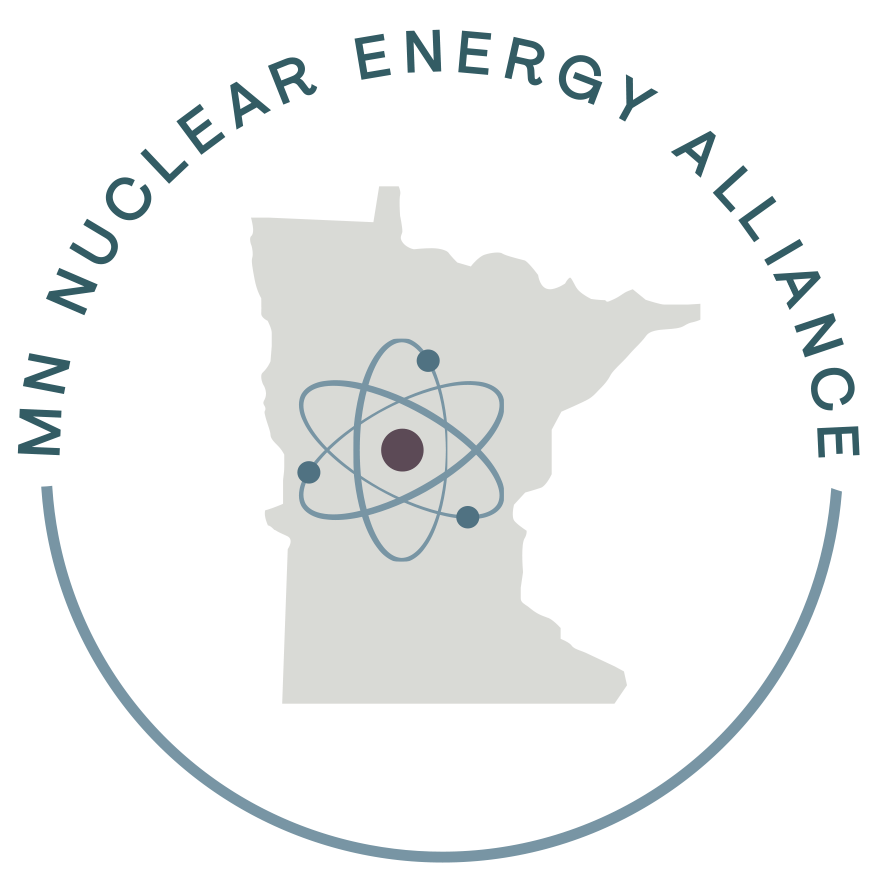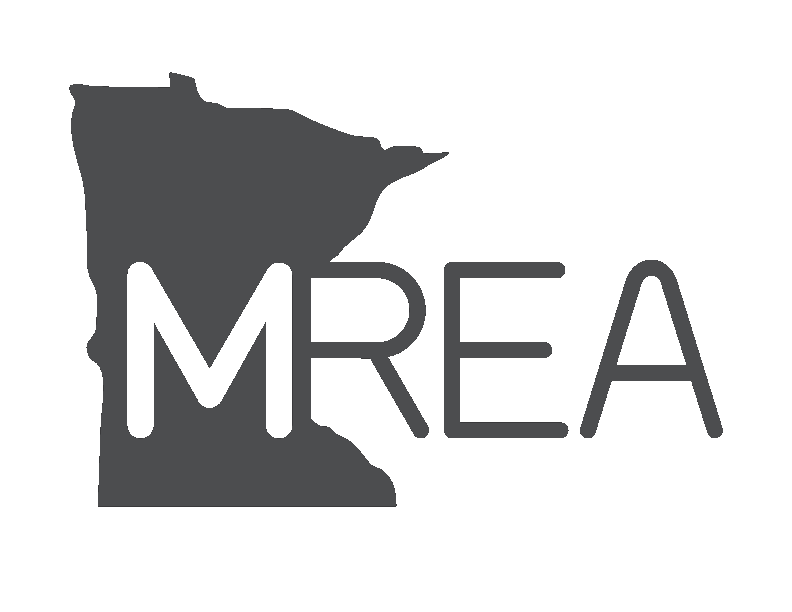Nuclear Forum Explores Role in Achieving Minnesota’s Clean Energy Goals

“We need a firm, clean, baseload solution,” Taylor Stevenson, CEO of Envoy Public Labs, said. “The extreme need for energy has brought nuclear to the forefront,” Stevenson said, warning that other states near Minnesota are advancing nuclear energy and may look to sell the power to Minnesota.
“Minnesota is way behind,” he said. “We need to open up the conversation about nuclear energy.” Other speakers agreed with this sentiment.
“To take nuclear off the table is a mistake,” Michael Noble, principal, NobleIdeas, said.
“We are seeing other states open to nuclear; Minnesota is an outlier,” Aaron Rosenthal, North Star Policy Action, said. “There is a real contradiction here. We want to reach the goal but not allow the most practical and affordable way to meet it.”
One key advantage of nuclear that was highlighted is that it can be dependably adjusted to meet demand day and night.
“We are going to need clean, dispatchable resources to replace coal,” said Sydnie Lieb, assistant commissioner, Minnesota Department of Commerce. “You can run dispatchable as long as you need it, until you shut it off,” she said.
The forum also highlighted the economic contributions of nuclear energy, particularly in job creation and community development.
“Nuclear provides more jobs for a longer time,” said Kevin Pranis, Minnesota State Building and Construction Trades Council, while comparing nuclear energy to other types of energy resources. Rosenthal also underscored the quality and sustainability of employment opportunities tied to the nuclear industry, noting the jobs pay well and positively impact local economies.
Other panelists included Philip Hult, Generation Atomic; Pam Gorman Prochaska, Xcel Energy; Darrick Moe, Minnesota Rural Electric Association; and Kristy Hartman, with the Nuclear Energy Institute. Blake Johnson, representing the Prairie Island Indian Community, participated and shared the viewpoint and concerns of the tribal community, which sits nearby the existing Prairie Island Nuclear Generating Plant.
Additionally, North Star Policy Action and Rosenthal presented a newly released report detailing the far-reaching benefits of nuclear energy in Minnesota. The report identified three core advantages: climate benefits, workforce benefits, and state and regional benefits. The findings highlighted nuclear energy’s minor carbon footprint in comparison to all other fuel types, including renewables. Economic gains include significant tax revenue for local communities, increased household incomes due to indirect jobs and stability created by long-term employment opportunities tied to nuclear power generation. For more on this report, visit https://northstarpolicy.org.
About the Minnesota Nuclear Energy Alliance
The Minnesota Nuclear Energy Alliance (MNEA) is a partnership of about 40 organizations representing labor, business, utilities, trade associations and environmental groups. Members are committed to securing Minnesota’s clean energy future through the development of safe, reliable and carbon-free nuclear power.
For more information, visit mnnuclearenergyalliance.org.
